 Hulu has announced plans to run per-month, subscription-based television, according to the L.A. Times.
Hulu has announced plans to run per-month, subscription-based television, according to the L.A. Times.
Talk about missing the point. New media is exciting because it’s two-way, not merely because the data travels over Internet links instead of traditional cable broadcast. An advertiser would much rather promote products to engaged, targeted audiences. Yet the piece says,
“Hulu is under pressure from its owners to collect a subscription fee to both bolster revenue and train viewers to pay for online access to professionally produced content.”
Why not ask viewers whether they have an important life milestone (graduation, birth, car purchase, marriage) coming up? Advertisers would like it more, because they’d find their target audience. And I’m betting viewers would like it more, because they’d see ads they cared about. Best of all, the broadcaster could charge more.
Sounds like a win for everyone, right? Unfortunately, thinking of online video as just TV without the cable does everyone a disservice, and leads to more one-size-fits-all programming and mass-market sponsorship.
 Mozilla has just released its first report on the state of the Internet. The browser maker has an opt-in feedback engine from which it can capture data about how people use browsers, and it’s making that data available to the world.
Mozilla has just released its first report on the state of the Internet. The browser maker has an opt-in feedback engine from which it can capture data about how people use browsers, and it’s making that data available to the world.




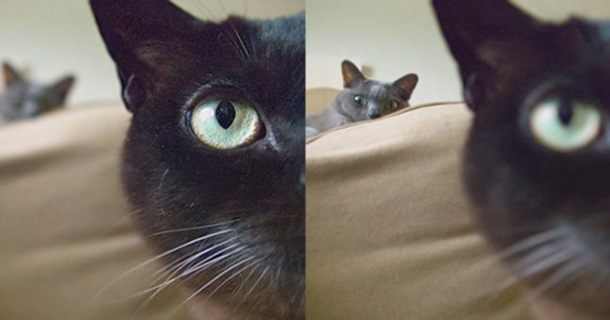
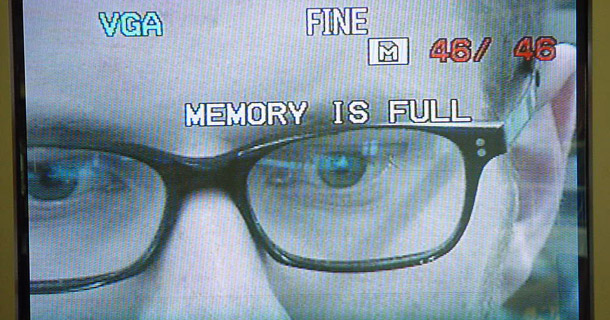
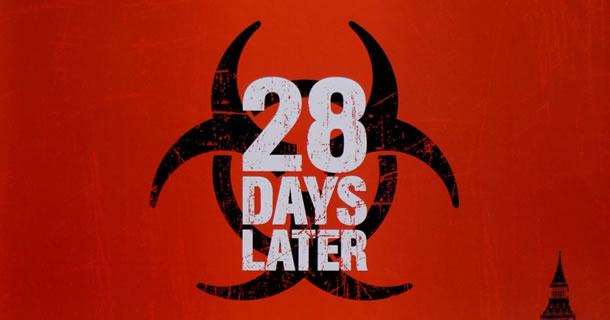
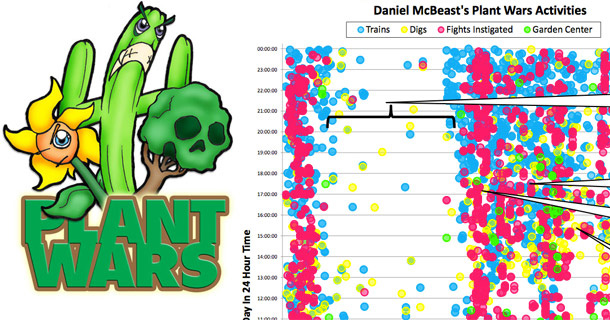






 @
@



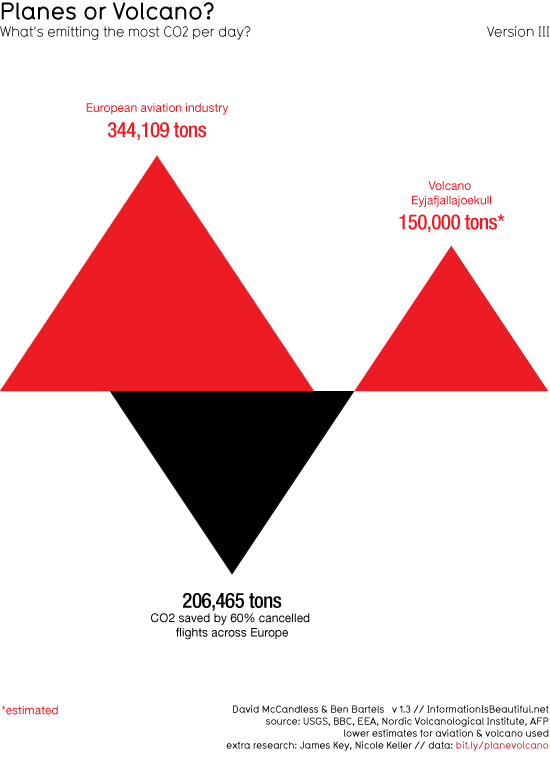








 Like all images on the site, the topic icons are based on images used under Creative Commons or in the public domain. Originals can be found from the following links. Thanks to
Like all images on the site, the topic icons are based on images used under Creative Commons or in the public domain. Originals can be found from the following links. Thanks to